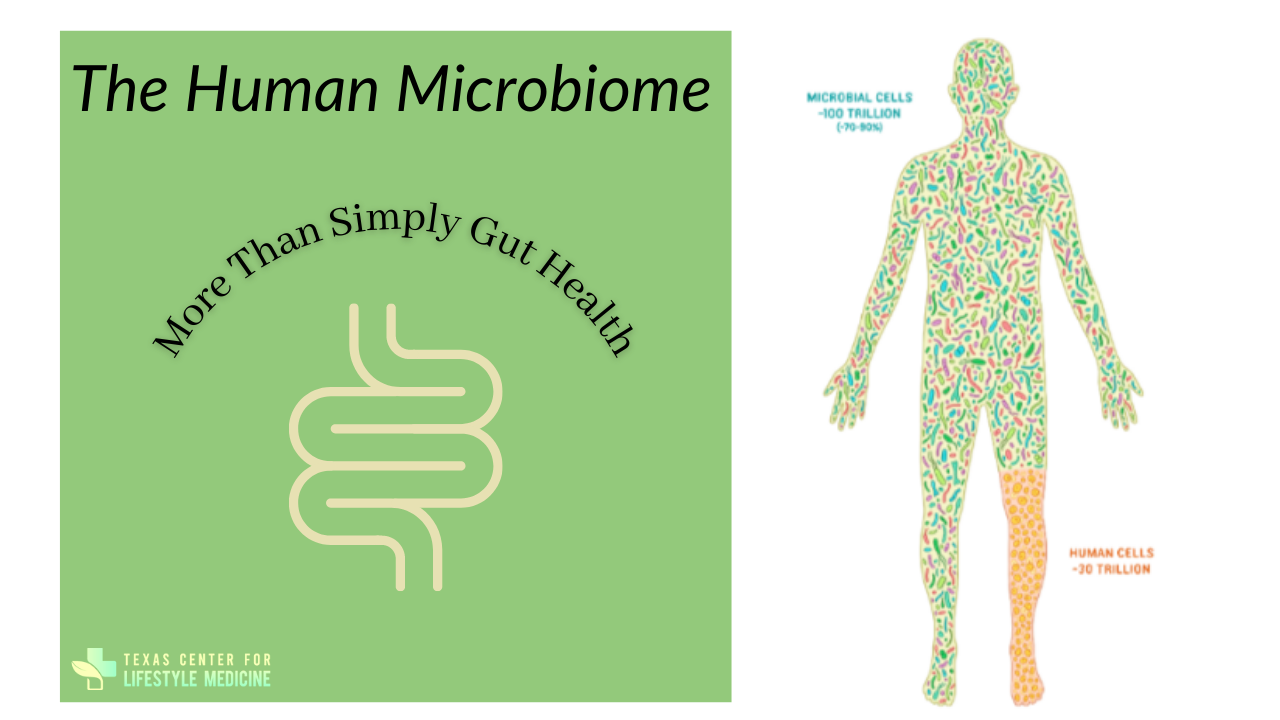Blog
How to Balance Hormones through Optimizing Sleep

It's no secret that hormones play a critical role in our overall health and well-being. However, many people are unaware of the direct correlation between sleep patterns and quality of sleep to hormone imbalances. Over the years, research has shown that there is an intimate connection between the gut-brain axis and hormonal balance. When the gut microbiome (collection of bacteria, viruses, and small organisms that live in the gut) becomes out of balance and populated with more hurtful than harmful microbes, it can cause disruption throughout the entire body.
Our hormones are one of the many facets to our wellbeing that become incredibly imbalanced with an imbalanced gut. While it may seem that the best place to start is looking at the microbes and gut function, we have actually determined that addressing sleep quality is the most important place to start when trying to resolve gut and hormone imbalances. Science reveals that after just one night of poor sleep, we experience a mi...
The Human Microbiome

What is the human microbiome and why should we care? Gut health has become a very popular topic in health today, as we now understand how the gut is very much connected to the rest of our body, and even our brain. However, many are not aware of exactly what the microbiome is and how significant it is to our overall health.
Metagenomic studies performed years ago, discovered that we are technically made up of more bacteria material than human cells. As gross as it may seem, knowing that we are like walking blobs of bacteria, this knowledge gives us great insight into how we can approach our health when it comes to our diet, environment, and more. Microbes are microscopic organisms, including bacteria, parasites, viral material, and archaea species. The term, microbiome, refers to the various communities of microbes within the body that line all mucosa membranes (not just the gut, but the nasal passageways, mouth, vaginal canal, etc) and on our skin. Studies have shown that there are...
Hormone Health & Toxins

Toxins are a major threat to our hormone health, as they can act as endocrine disruptors in the body and interfere with the normal functioning of our hormones. These harmful substances can be found in many different places, including processed foods that are high in sugar, chemicals in the environment, and even certain personal care products. There are so many toxins we have the potential for being exposed to daily which are entirely out of our control. The air we breathe often has some level of pollution, each time we fill up our gas tank, we may work in a building that is cleaned with toxic chemicals, filled with toxic paint, or even has (hopefully mild) mold growth depending on the climate of your environment. Though we are exposed to toxins often, there are many things we can do, especially when it comes to protecting the balance and production of our hormones.
Some common signs of toxic buildup in the body include fatigue, hot flashes, mood swings, weight gain or loss, headach...
Do You Have SIBO?: Symtpoms, Therapeutic Options, & Healing

Small intestinal bacterial overgrowth, or SIBO, is a condition in which the small intestine becomes overrun with harmful bacteria. These bacteria can contribute to a range of symptoms, including digestive issues, fatigue, hormone imbalances, skin issues, histamine intolerance, appetite changes, and weight changes. If you have ever struggled with SIBO in the past or are currently struggling, you know the bloating and discomfort are very real!
SIBO occurs when microbes that would typically exist in the large intestines, make their way to the small intestines where they do not belong. Here they feed on food particles that are not efficiently moving through to the large intestines, causing the production of either hydrogen or methane gas, as a byproduct of the fermentation process. The gas produced by these microbes has an annoying ability to slow down digestive motility.. This is why SIBO sufferers experience bloating and often extreme stomach distention from trapped gas and constipat...

